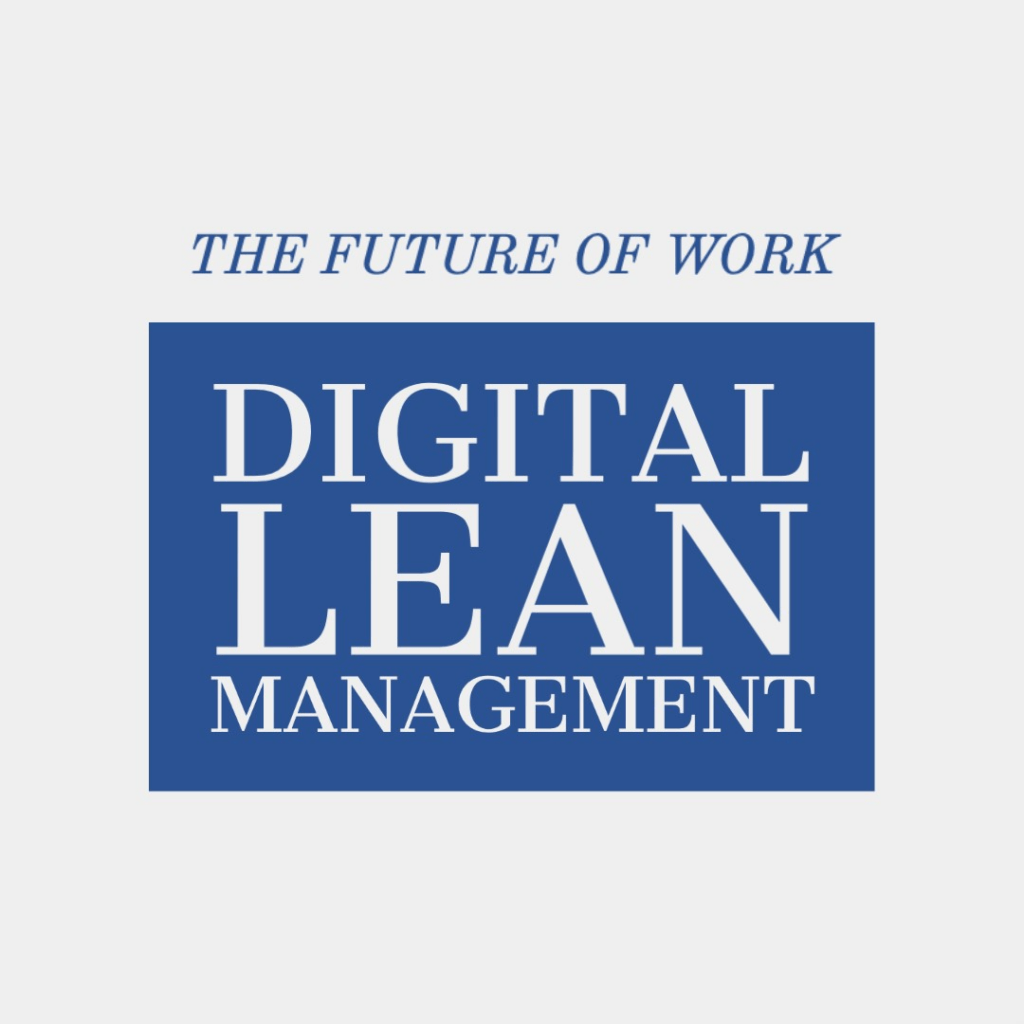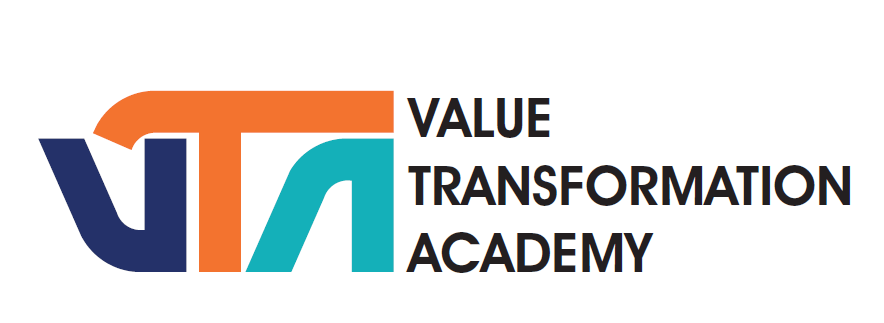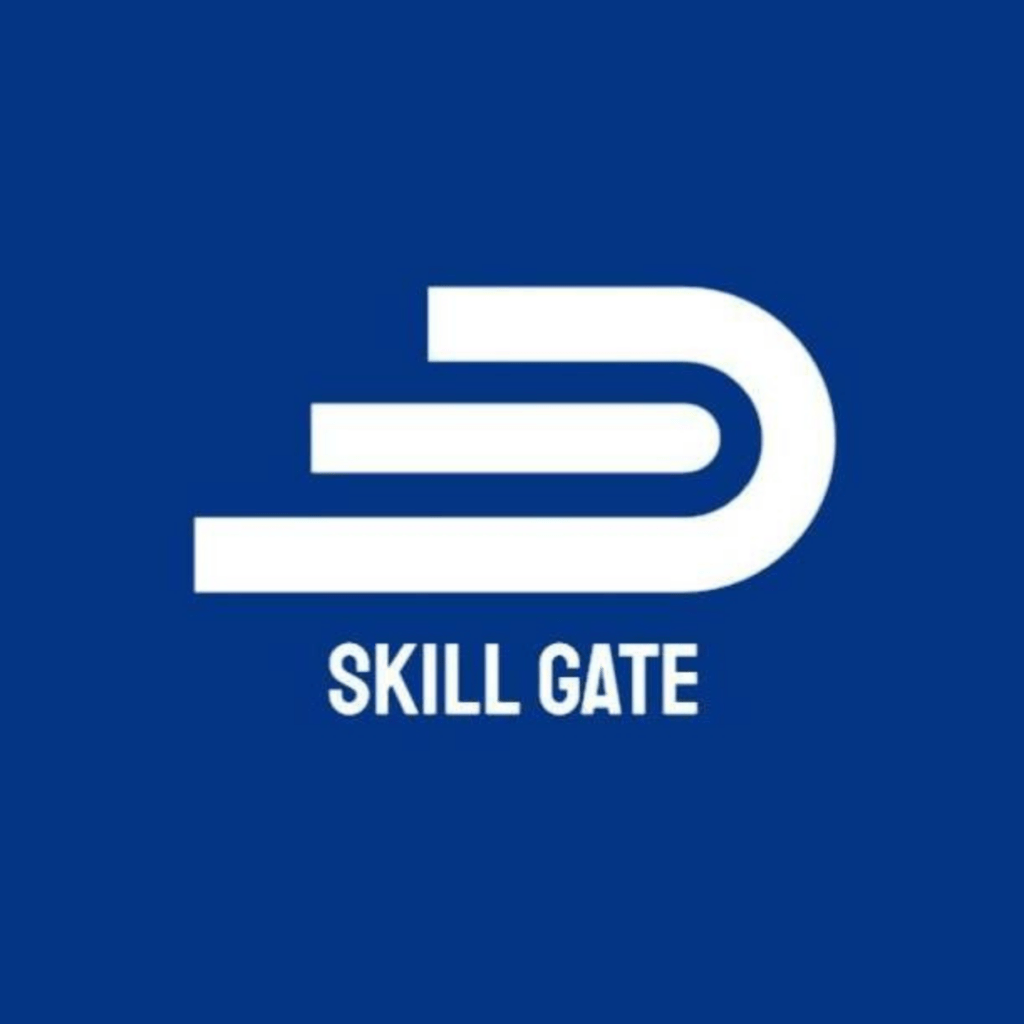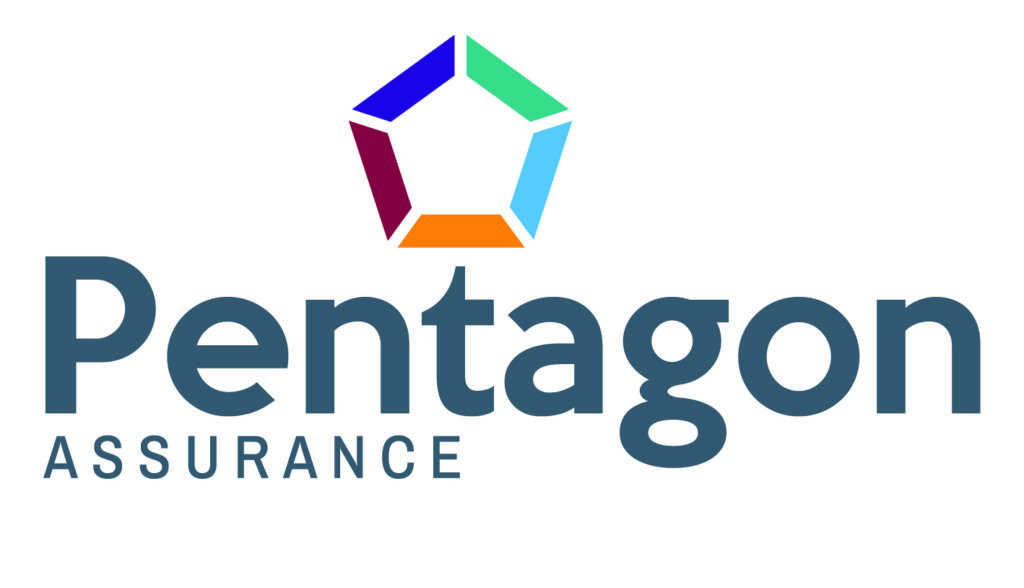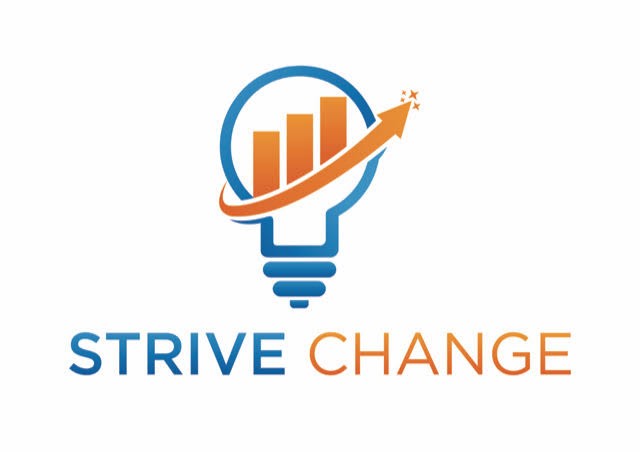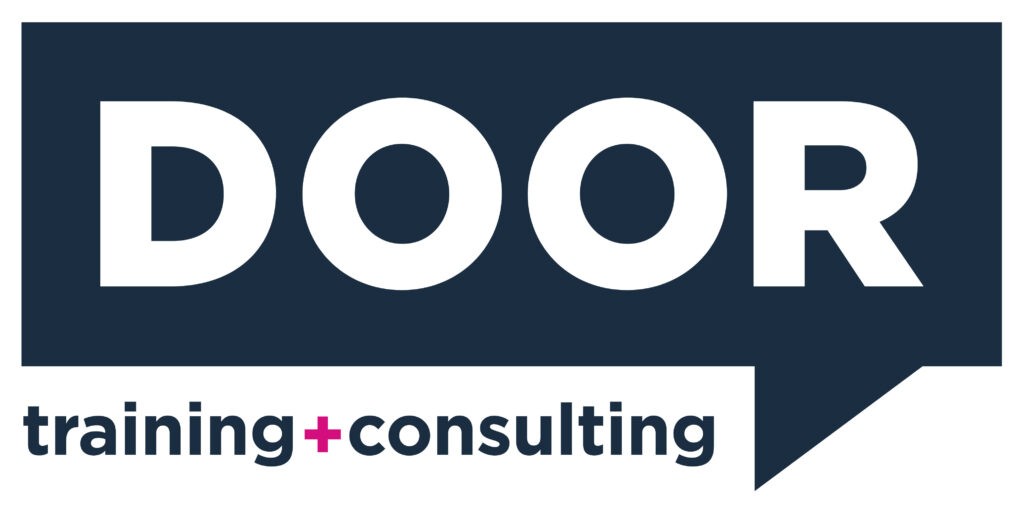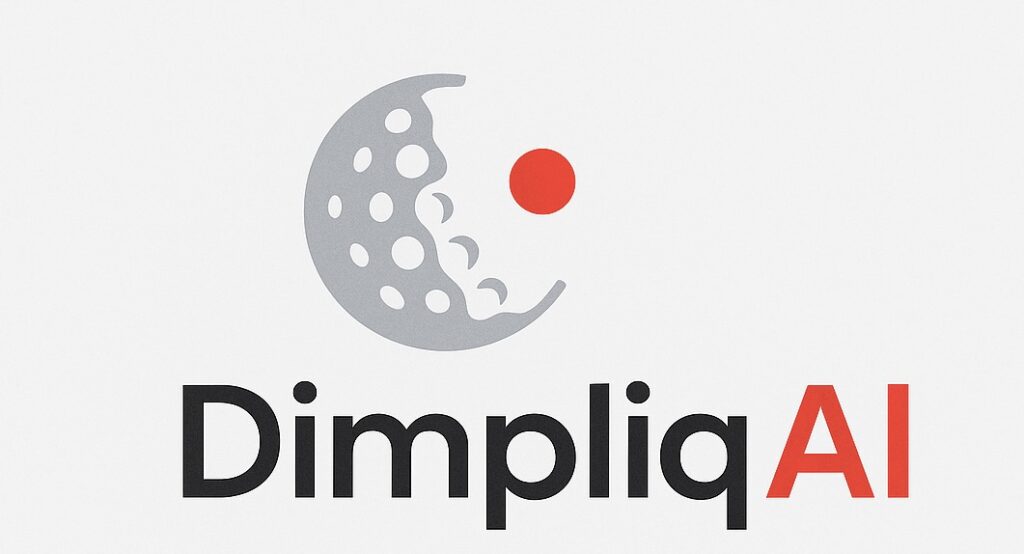Effective Strategies for Implementing Industry 4.0
What is Industry 4.0?
Industry 4.0, often called the Fourth Industrial Revolution, is a modern era in manufacturing and industry that focuses on interconnectivity, automation, machine learning, and real-time data. It represents a significant shift in industries’ operations, blending traditional manufacturing practices with advanced technology.
Picture Industry 4.0 as an upgrade from an old mobile phone to a sophisticated smartphone. It integrates a variety of advanced technologies: the Internet of Things (IoT) enables machines to communicate with each other; artificial intelligence (AI) equips machines with the capability to think and learn; robots are programmed to autonomously perform tasks, and cloud computing provides the infrastructure for storing and accessing data over the internet. According to Professor Peter Hines of Cardiff University and Professor Jiju Antony of Northumbria University, many people believe that the full benefits of AI will not be realised until Industry 5.0 (see: https://www.researchgate.net/profile/Peter-Hines).
Now, envision a factory under the influence of Industry 4.0 — machines autonomously adjusting their operations to manufacture products faster, with improved quality, and at lower costs, all with minimal human intervention. This revolutionary approach not only enhances manufacturing efficiency but also empowers businesses to gain deeper insights into customer preferences through extensive data analysis.
The Current State of Industry 4.0
Everyone is excited about what Industry 4.0 can do. But it’s more challenging than just turning on a switch. Some companies have made their factories smarter and are seeing great results. However, others try and find it’s more complicated than they thought.
For example, a car manufacturer might use robots to assemble cars, making the process faster and safer. However a small clothing company might struggle to use these technologies because they lackneed more money or expertise.
Key Challenges in Implementing Industry 4.0
Scaling Up from Small to Big
- From Pilot to Full-Scale Implementation: Many companies successfully conduct pilot projects using Industry 4.0 technologies, like small-scale IoT (Internet of Things) implementation. But scaling this up to a larger, company-wide system is more complex. It’s like mastering a level in a game at home but facing a much more significant challenge in a professional tournament. The integration of these technologies across different departments, from production lines to supply chain management, requires careful planning and coordination.
- Legacy Systems vs. New Technologies: Older machines (legacy systems) often need to communicate better with advanced Industry 4.0 technologies. This is akin to connecting a brand-new smartphone with an ancient computer. Companies must find ways to make these systems compatible, like using middleware solutions or gradually upgrading their machinery.
- Cybersecurity Threats: As more devices connect, the risk of cyber-attacks increases. Businesses need to invest in strong cybersecurity measures to protect sensitive data and operations. This involves using advanced encryption methods, regular security audits, and employee training in cybersecurity best practices.
Skill Gap in the Workforce
- Bridging the Skill Gap: New technologies like machine learning, AI, big data analytics, and robotics require specific skills many current employees might not possess. It’s similar to needing pilots who can fly advanced jets when most people are trained to drive cars. Companies need to invest in training and upskilling their workforce or hire new talent with the necessary expertise in digital technologies.
- High Initial Investment: Transitioning to Industry 4.0 often involves significant initial costs. It includes investments in new machinery, software, cybersecurity measures, and employee training. This can be as daunting for smaller businesses as buying a state-of-the-art house. However, the long-term benefits, like increased efficiency and reduced operational costs, can be substantial.
Practical Solutions to Industry 4.0
- Start Small and Scale Gradually: Companies should start with small, manageable projects and scale them up slowly. This allows them to learn and adapt, reducing the risk of large-scale failures.
- Seek Partnerships and Grants: Collaborating with technology providers and seeking government grants or subsidies can help offset some initial costs.
- Focus on Incremental Upgrades: Instead of overhauling the entire system, businesses can focus on incremental upgrades that integrate Industry 4.0 technologies into their operations.
- Industry-Academia Partnerships: Close collaboration between industry and academia can foster innovation. Companies can provide real-world insights for academic research, while universities can offer fresh perspectives and cutting-edge knowledge.
- Knowledge Sharing: Establishing forums or consortia for knowledge sharing can help businesses, especially smaller ones, learn from the experiences of others in implementing Industry 4.0 technologies.
The Future of Industry 4.0
The future of Industry 4.0 is shaping up to be an exciting blend of advanced technology and intelligent manufacturing processes. We’re looking at a world where factories are not just places of work but intelligent systems that learn and adapt.
- Predictive Maintenance: The future might see widespread adoption of predictive maintenance, where machines can alert technicians about potential breakdowns before they occur. This is achieved through AI algorithms analyzing data from sensors.
- Digital Twins: Digital twins are virtual replicas of physical systems. They allow companies to simulate and test changes in a virtual environment before applying them in the real world, reducing the risk and cost of experimentation.
- Regulatory Frameworks: Governments can play a pivotal role by developing regulations that encourage the adoption of Industry 4.0 while ensuring data privacy and security. This might include standards for interoperability, data sharing, and cybersecurity.
- Sustainable Manufacturing: Industry 4.0 technologies can lead to more sustainable manufacturing practices by optimizing resource usage and reducing waste.
- Social Implications: There’s a growing need to address the social implications of automation, such as job displacement and privacy concerns. Future strategies should include provisions for workforce retraining and ethical use of data.
By understanding these strategies and future trends, businesses can better prepare for and navigate the challenges and opportunities presented by Industry 4.0. This approach emphasizes gradual adaptation, continuous learning, and collaboration, laying a solid foundation for success in the new industrial landscape.




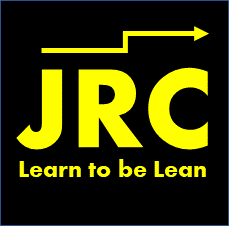









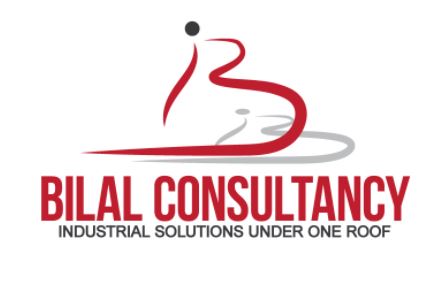











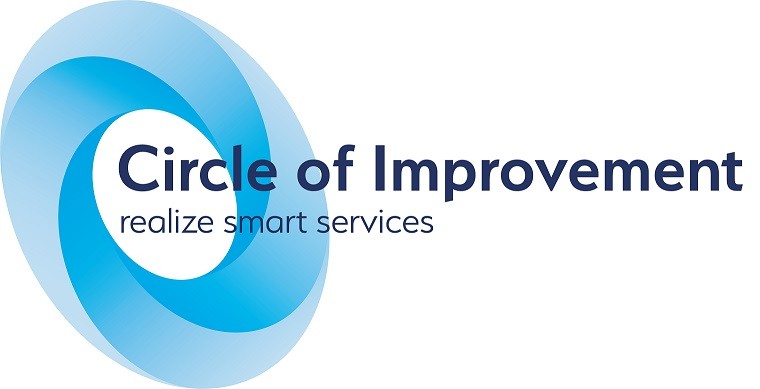



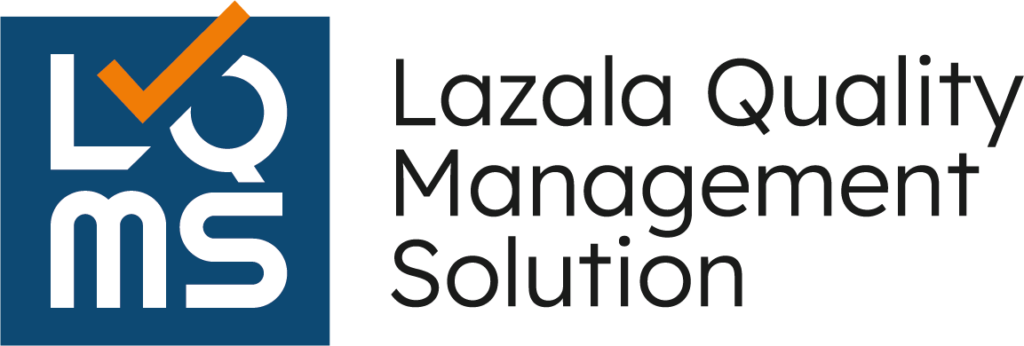


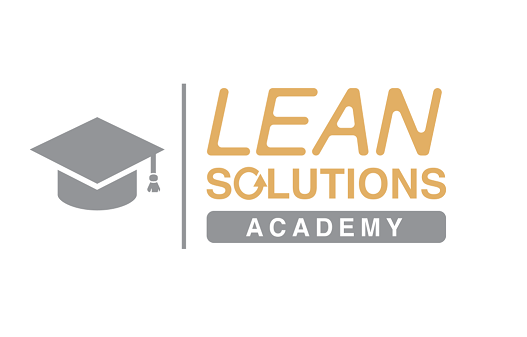





![UCOURSE.ORG [UCOURSE Academy] was established in Hong Kong in 2019 (company name: UCOURSE LTD), dedicated to providing high-quality online courses and courses for Chinese people in China, Hong Kong, and even all over the world. UCOURSE.ORG 【优思学院】于2019年成立于香港(公司名称:优思学院有限公司 / UCOURSE LTD),致力于为中国、香港、以至身处于全球各地的中国人提供优质的线上课程和考试认证,促进全国的人材培育、个人的职业发展,让学员在事业上事半功倍,同时助力国家的未来的急促发展。](https://ilssi.org/wp-content/uploads/2021/02/ucourse-logo-250.png)

